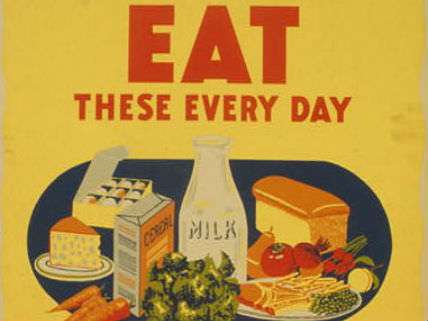Your guessing that me thinking 30% is 50% shows an abnormal lack of intelligence on your part.
30% is not 50%, but it's a nice leap and maybe you overheard the possibility of air induction, which should further improve milage and power.
30% is not 50%, but it's a nice leap and maybe you overheard the possibility of air induction, which should further improve milage and power.









Comment